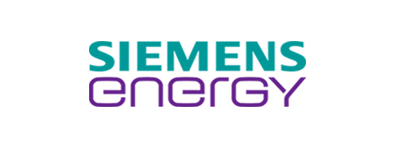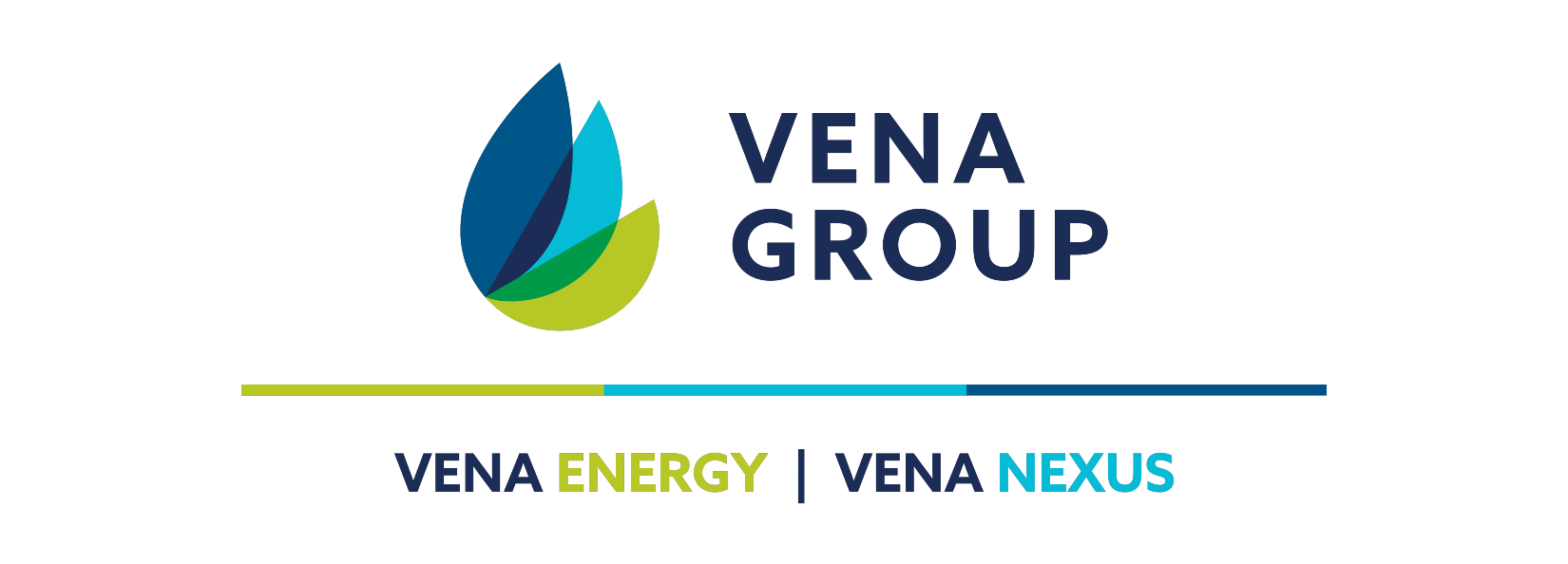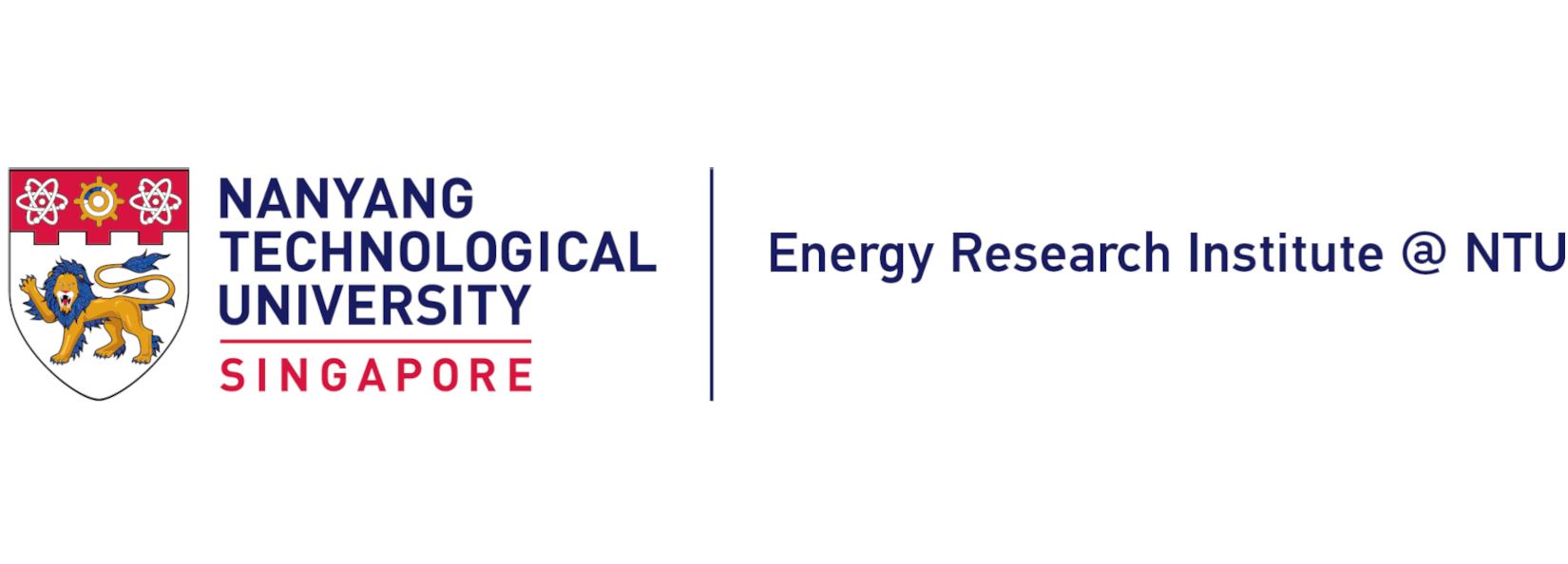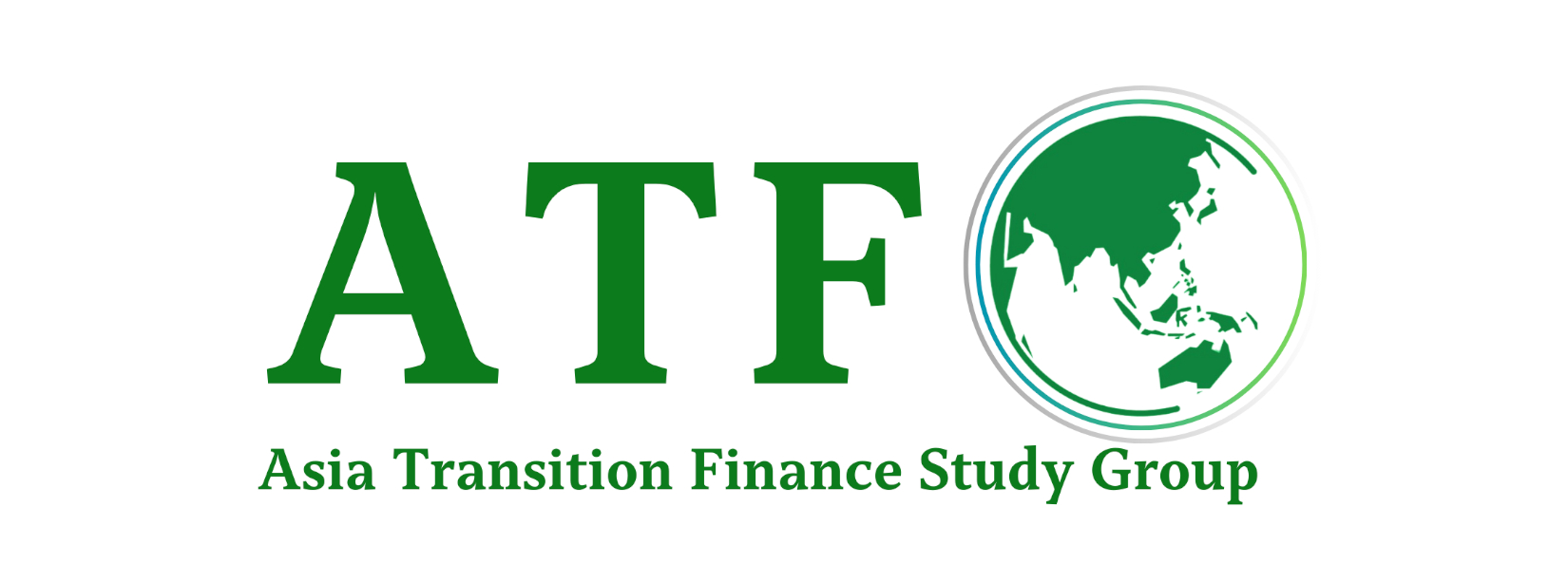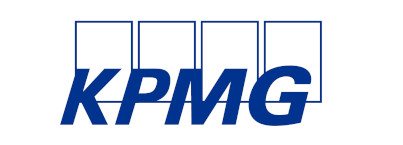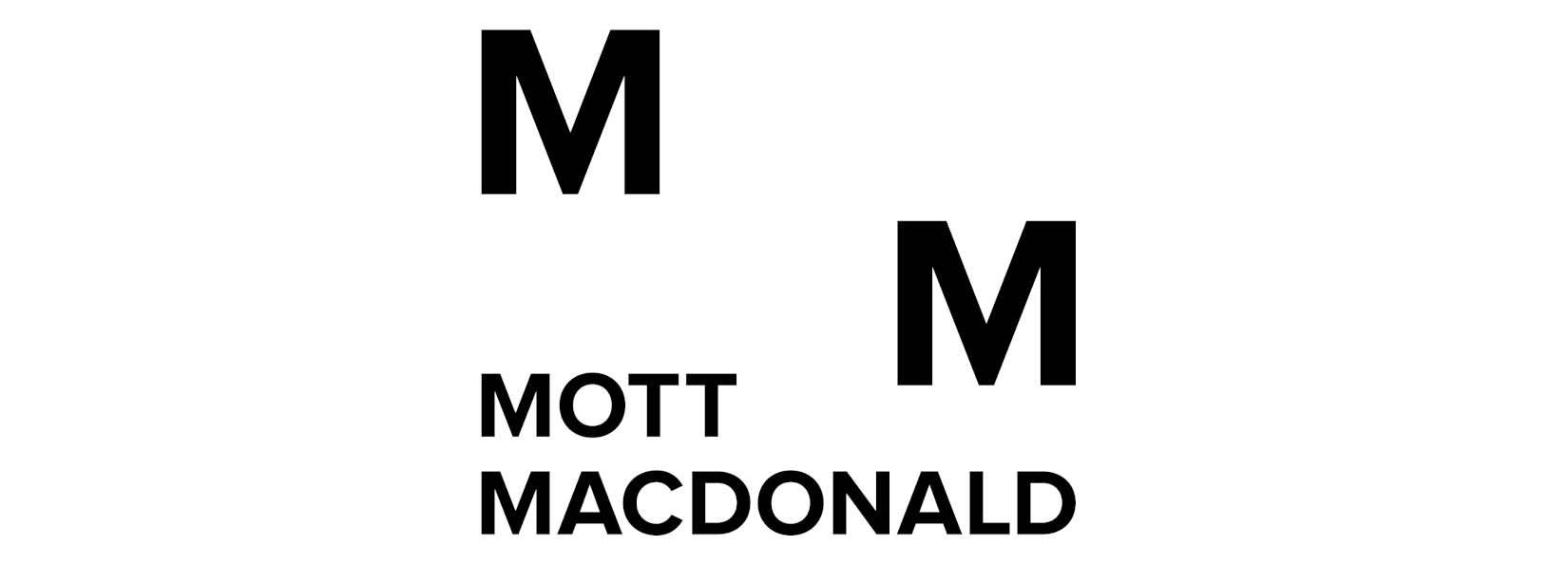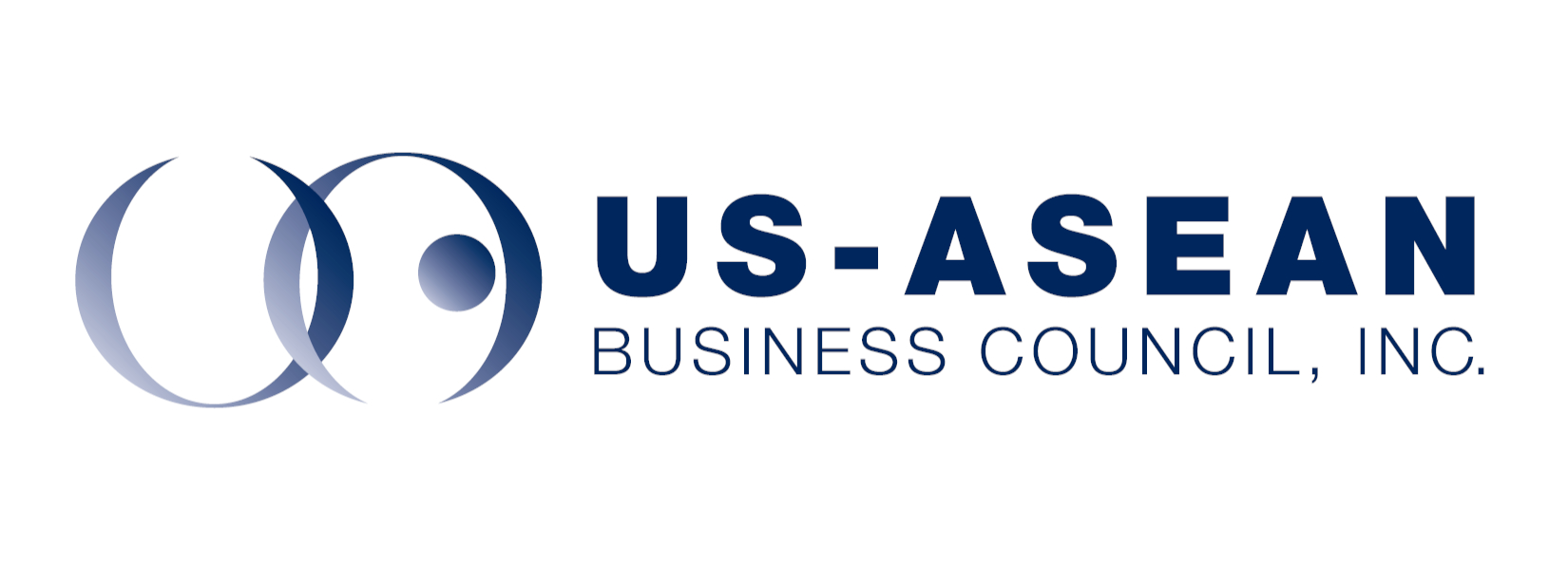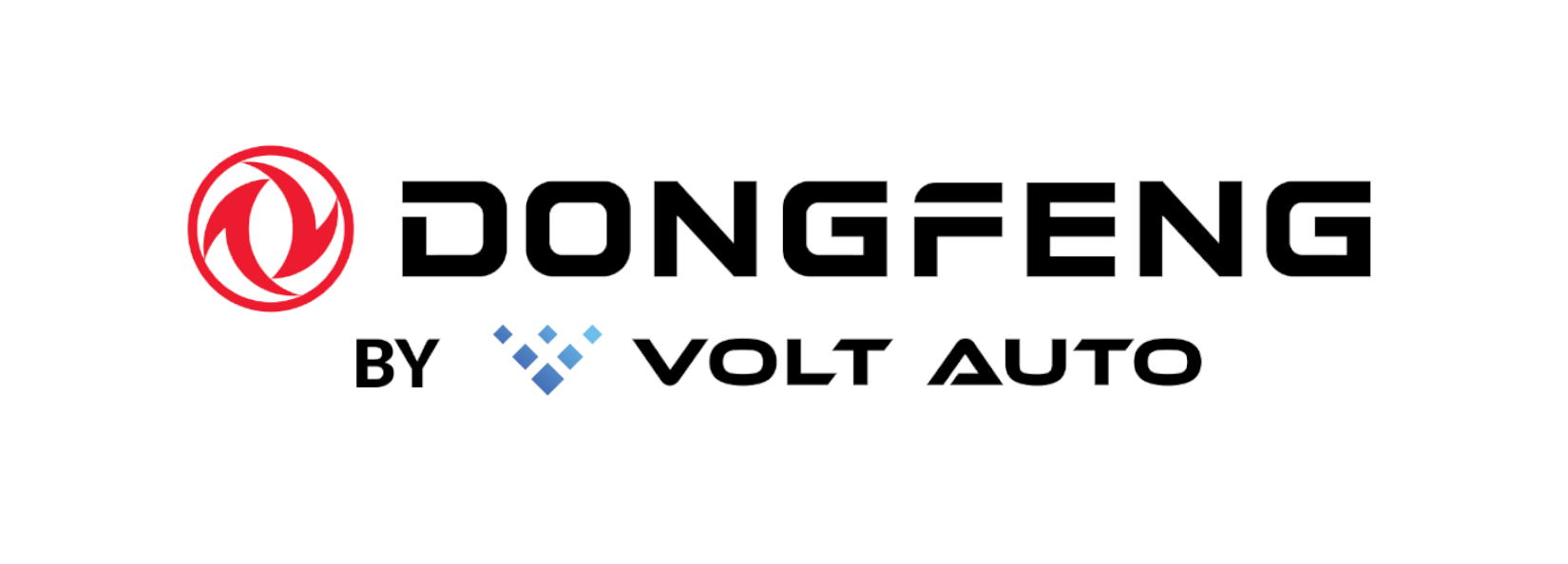Key insights on challenges, strategies, and solutions in navigating Southeast Asia's energy.
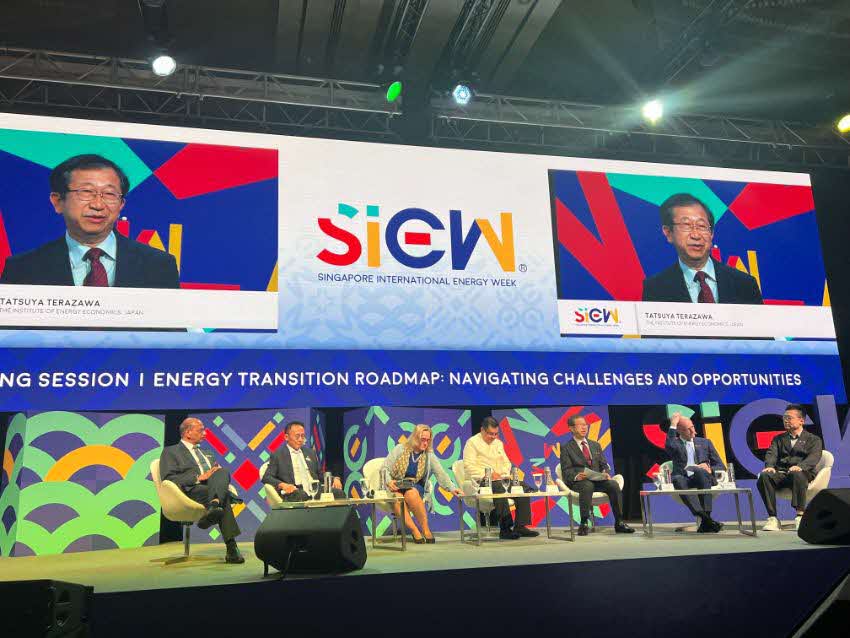
The Closing Session of the "Energy Transition Roadmap" capped off Day 1's culmination of discussions aimed at achieving a sustainable and net zero future in Asia. Panelists shared valuable insights, outlining crucial steps and strategies to make the energy transition as practical and materially progressive as possible. Here are the key takeaways:
The region's diverse developments and circumstances present multifaceted obstacles, particularly in the flow of financing and urban energy development.
Addressing the major challenges of the energy transition, particularly in Southeast Asia, is a complex task. Dr Ajay Mathur, Director General, International Solar Alliance, emphasised the need for investments to be channelled beyond large renewables projects into smaller initiatives. He told the panel: "There is lot of investment flowing into the renewable energy sector. Last year, it was nearly $500 billion. In the first half of 2023, it crossed $385 billion, and it’ll probably end up somewhere between $550 billion and $600 billion. The first problem is that these investment inflows are extremely divided. Likewise, (the second problem is that) these investment inflows also need to be channelled beyond large projects into smaller projects.
"The third challenge is that solar and wind renewables provide us energy in the day. We are still dependent on fossil fuels for energy at night. Yet that cannot continue on forever. Finally, we’ve still not solved how to electrify locations that cannot presently accommodate existing electrification infrastructure and technologies. All of this requires advocacy and capacity building. But more than anything else, it requires developing guaranteed (financial) instruments so that investment flows into areas where it is not presently going. Most importantly, we need to focus on storage and green hydrogen. If we look to the future, all of this is possible only with a lot of energy efficiency, renewables, and storage activated together. This is where the future is."
Alan Heng, Group Chief Executive Officer, Pavilion Energy, noted the diverse regulatory frameworks within Southeast Asian markets, ranging from managed subsidised markets to open markets like Singapore and the Philippines. "These are the challenges we have to navigate through. Herein lies a wonderful opportunity. Much of the growth is going to be in these markets. How do we grow the renewable markets in this segment? We need to come at it with a different model and scale so that it can be financeable. In setting up energy going forward, we may have to rethink how we want to develop cities and towns, as well as the infrastructure that goes with it."
Southeast Asia still requires natural gas as a transition fuel to meet rising energy demands amid ongoing economic development.
H.E. Felix Fuentebella, Undersecretary of Energy, Republic of the Philippines, said: "We need to use natural gas as a transition fuel because we need time to build… longer-lasting Energy Storage Systems. Likewise, it is about looking at how the Philippines can help in the region. The Philippines has a lot of mineral deposits for the development of green materials."
Mr Heng reaffirmed the role of natural gas in the region's energy mix, highlighting the need for a realistic approach to maintain a stable energy supply. "I believe natural gas will continue to play a role into the 2030s. Here’s the biggest risk to adopting a one-sided view—that it is the beginning of the end of natural gas. Nobody will want to invest in long-dated oil & gas projects anymore. We need to be realistic or we won’t have enough natural gas available to power all our region’s energy needs," he added.
Given how developmental economics has shaped Southeast Asia, it is sensible to let the forces of economics naturally create the momentum needed for the region.
Roberto Lorato, Director and Chief Executive Officer, MedcoEnergi, shared that "instead of debating about the end of natural gas, it is better to develop and deploy more renewables, technologies and innovations. With these in place, fossil fuels will naturally be phased out as economies of scale work in favour".
All stakeholders—spanning governments to energy suppliers—acknowledge Southeast Asia's potential to drive progress in the energy transition.
The Philippines offers a prime example, as exemplified by Mr Fuentebella. "We are asking ourselves, how can we help? We see that in offshore wind, we see that in our mining deposits, and we look forward to more Filipino workers being trained so that we can provide the necessary support."
These insights raise the question of how to better harness this immense potential. Dr Mathur addressed this by noting that "renewable electricity is now inevitable. The challenge is how do we deal with the fact that even though renewable electricity may be cheaper, the capital investment costs may be doubled"?
Dr Cheng Qian, Executive President, Gotion Global, likened today's potential in battery technologies to the early days of gas and the engine. "The potential in today’s battery technologies is much like the development of gas and the engine—there’s still a long way ahead. Technological innovation is the only way to ensure a smooth long-term energy transition to net zero."
Echoing this sentiment, Mr Heng added: "One of the keys to energy transitions in the Southeast Asian region is to build connectivity. With connectivity, we can have better sources of financing, better approaches on how we do regulatory work, and that to me is really critical for Southeast Asia."
Mr Lorato underscored the significance of energy efficiency as an area ripe for improvement through reducing consumption. "There are different ways and tools to do that."
Suzanne Gaboury, Director General of the Private Sector Operations Department, Asian Development Bank, stressed the imperative for collaboration: "We need to work together. We need partnerships and collaborations for decarbonisation in all its forms."
Follow us for more timely updates on X (formerly Twitter) and Telegram.











